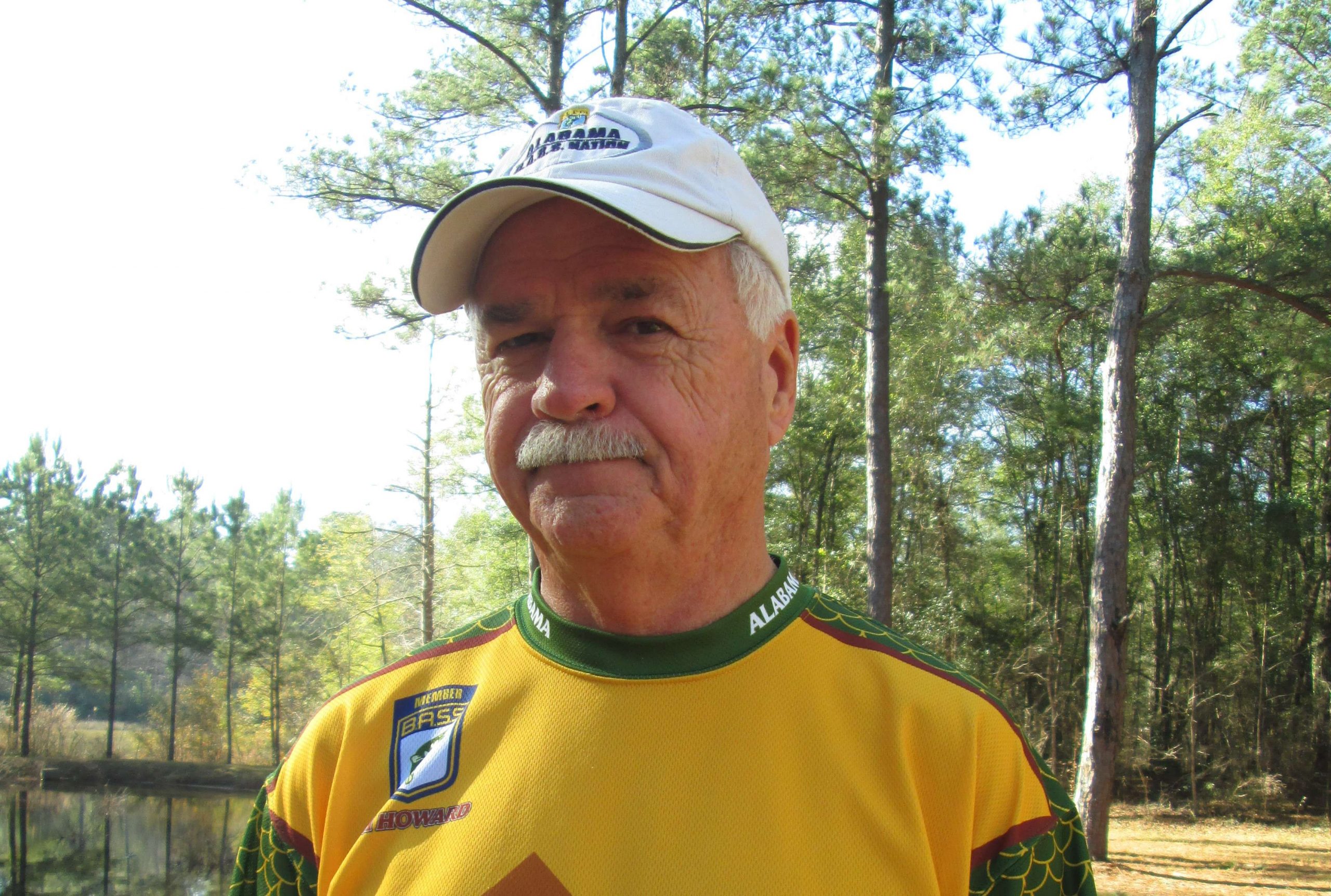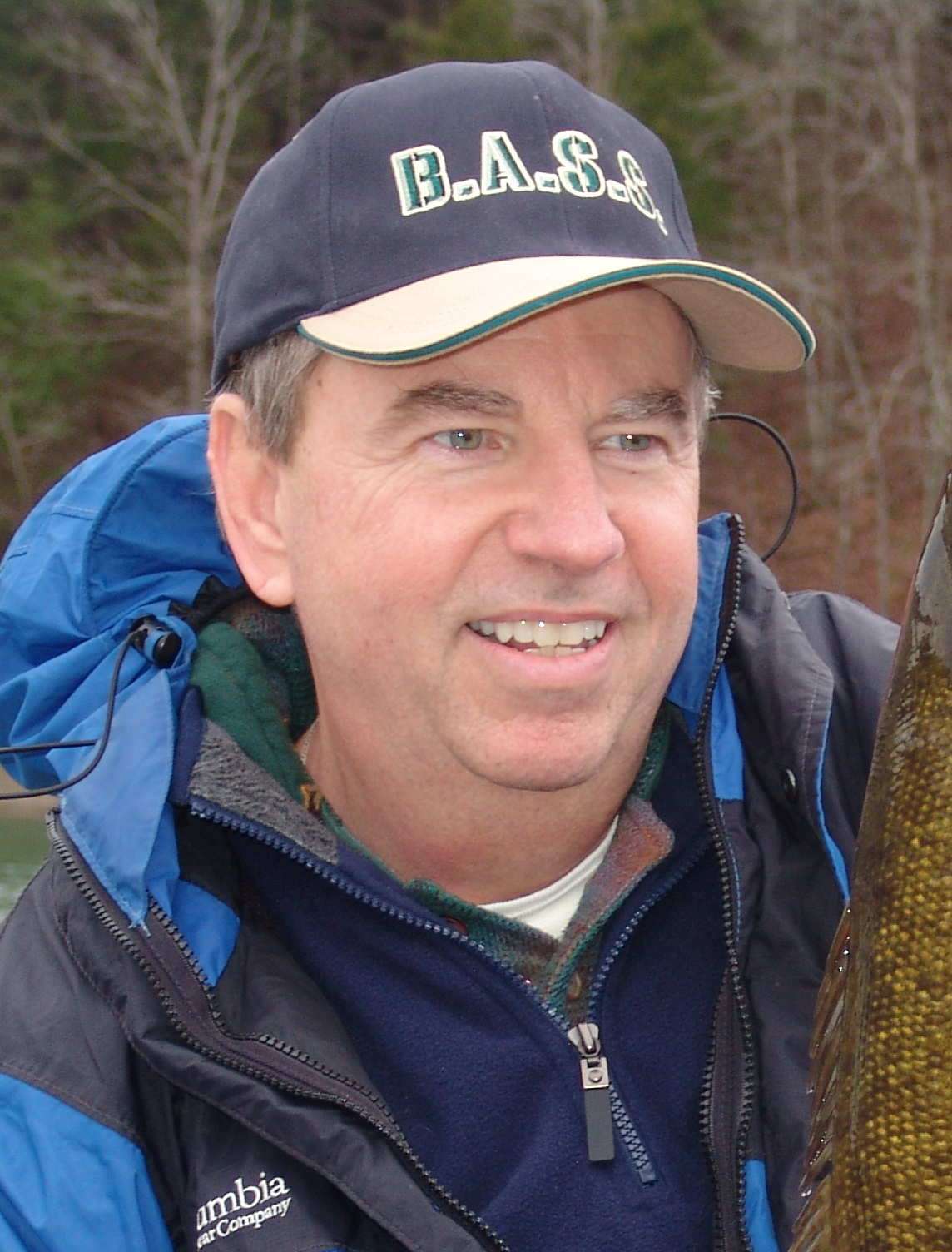
EUFAULA, Ala. — As someone who saw the federal government from the inside for 31 years, Jim Howard, Alabama B.A.S.S. Nation (ABN) conservation director, recognizes the influence that bass anglers can have on the political decisions and regulations affecting their sport.
“What I see as the biggest hurdle for B.A.S.S. is to accomplish this outcome across the country,” said the former U.S. Forest Service employee and current secretary/treasurer of the Bluff City Bassmasters.
“I have encouraged the Alabama B.A.S.S. Nation to create a position of legislative director and have promoted this at the national level,” he added. “This position would enable us to bring in a person with a bent for politics who can carry a bigger torch than I can.”
Along with that, Howard would like to create a “hot button” on the ABN website where members can hear about important legislative, or administrative, actions that need their vote, and provide them with an easy way to make it happen.
“I can cast votes for our organization,” Howard explained. “But having 10,000 Alabama anglers cast votes on an issue can move the needle.”
As with most states, Alabama must deal with fallout on such issues as declining license sales, reduced fisheries budgets, competing resource users, invasive aquatic species, and regulations by legislative actions, said Howard.
Howard held B.A.S.S. state offices in Oregon and Virginia before becoming Alabama conservation director 15 years ago.
During his decade and a half of service to Alabama, Howard said he is most proud of being the lone voice for sportfisheries during the three-year licensing process for seven Alabama Power dams on the Coosa and Warrior Rivers. That meant attending hundreds of meetings and reading thousands of pages of documents.
“As the lone freshwater fishery representative, I was stretched thin trying to attend dozens of sub-group sessions involving subjects of importance to our organization,” he said. “I — and we — learned a lot from this process and met a good number of ‘enemies’ who became friends.”
Howard said he also is pleased with the relationship that has been cultivated between the ABN and the fisheries section of the Department of Conservation and Natural Resources. “We have cooperated with them in on-the-ground projects, support of key legislation, development of fishery management strategies, and input to regulation development,” he said.
With Howard as conservation director, the ABN also supports groups such as the Alabama Fisheries Association and the Mid-South Aquatic Plant Management Association.
“What I learned from my previous career and working with non-affiliated groups was that it is easier to fire an enemy than a friend, all resource decisions are political and what we do is a privilege, not a God-given right,” he said.
“These tenets have guided me in many activities as conservation director.”





